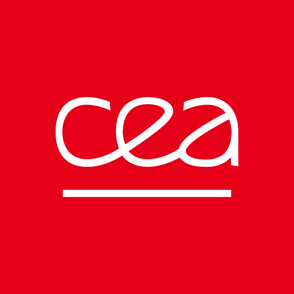EU-Project STARTREC
EU-Project STARTREC:
Space, domesTic and industriAl applications with impRoved TheRmoElectric Components
The target of the STARTREC project is to develop a new generation of thermoelectric generators based on the combination of nanostructured Si85Ge15 thermoelectric materials with innovative device architectures, leading to double their efficiencies to 10-15 % and to demonstrate their performances for three different high impact use cases: Industrial waste heat recovery, micro combined heat and power, and radioisotope batteries.
Term: 01.01.2025 – 31.12.2028

The STARTREC project has received funding from the European Union’s Horizon Europe research and innovation programme under grant agreement No 101160663
to come

Commissariat à l’Energie Atomique et aux Energies Alternatives (organisator)

Friedrich-Alexander-Universität Erlangen-Nürnberg

RGS Development

Voestalpine

K1-met

Tractebel

Centre Spatial de Liège

Ökofen
STARTREC aims to develop a new generation of thermoelectric generators (TEGs) optimized for medium/high temperature applications. The three applications are industrial waste heat recovery, micro combined heat and power (µCHP) and radioisotope thermoelectric batteries.
For µCHP, an integrated TEG assembly will be developed that is cooled by the domestic heating water circuit to maximize overall efficiency. The new TEG demonstrator will be installed in several test boilers to determine the optimum TEG and heat exchanger geometry, TEG position and temperatures, and the effect of different boiler and heating circuit load conditions on electrical output. Furthermore, the hot and cold side heat transfer will be investigated and optimized by simulation and experiments in order to further increase the system efficiency.
In addition, a comprehensive cradle-to-grave LCA study of the use of TEGs will be carried out, including all relevant process steps from resource extraction to recycling/disposal. This will allow a critical assessment of the environmental impact of TEGs compared to competing µCHP technologies.
Expected benefits of TEG µCHP include:
- The possibility for off-grid operation of the pellet boiler
- Low maintenance requirements due to no moving parts in the generator
- Lower costs compared to other µCHP technologies such as for example Stirling engines
Contact:
Department of Chemical and Biological EngineeringB.Sc Niklas Hehmke, M. Sc.
Lehrstuhl für Energieverfahrenstechnik
